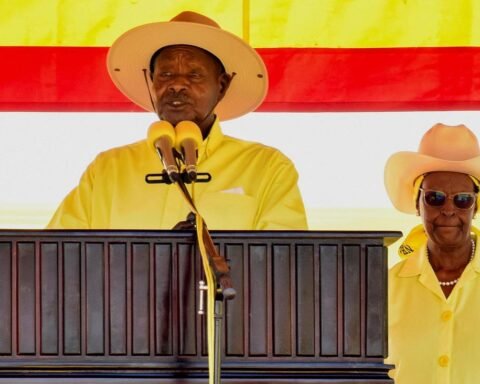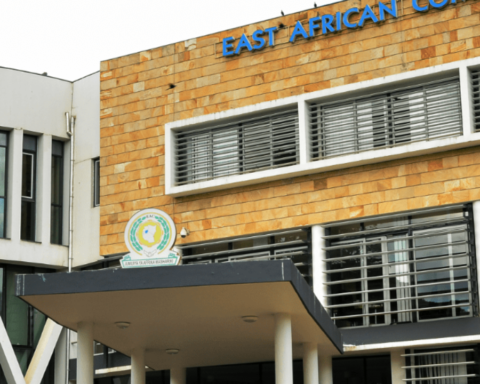Tanzania’s main opposition party, Chama cha Demokrasia na Maendeleo (CHADEMA), has declared a seven-day period of national mourning following the wave of violence that swept across the country after the October 29, 2025 general election.
In a statement released on November 4, 2025, CHADEMA spokesperson Brenda Rupia said the mourning period, which will run from November 5 to 11, aims to honour those who lost their lives, the injured, and families affected by the post-election chaos that left a trail of destruction in several regions.
“The party has decided to dedicate these seven days to remembering our fellow Tanzanians whose lives were tragically cut short and those whose homes and livelihoods were destroyed. Their pain is our pain,” Rupia stated.
As part of the observance, CHADEMA has directed that all its offices nationwide fly party flags at half-mast from 6:00 a.m. to 6:00 p.m. throughout the mourning period. Members have also been encouraged to wear black ribbons as a sign of solidarity and reflection.
Also Read; Africa CDC Unveils Plan for Stronger Health Institutes
The announcement follows reports of clashes between protesters and security forces after the announcement of election results that handed victory to the ruling party. Human rights groups have condemned what they describe as excessive use of force against demonstrators, while the United Nations has urged Tanzanian authorities to ensure accountability and protect citizens’ right to peaceful assembly.
Across major cities such as Dar es Salaam and Arusha, vigils have begun emerging, with citizens lighting candles and sharing tributes on social media. “We are mourning not just for those we lost, but for the spirit of democracy that seems to have been wounded,” one resident wrote in a widely shared post.
Political analysts say the decision by CHADEMA reflects both the party’s grief and its strategic effort to channel public frustration into peaceful remembrance rather than further unrest. The move also underscores the growing tension between opposition groups and state authorities following the disputed poll.







